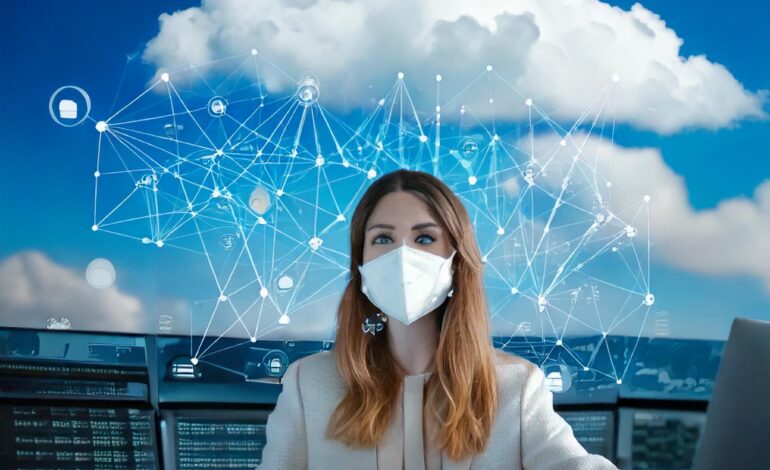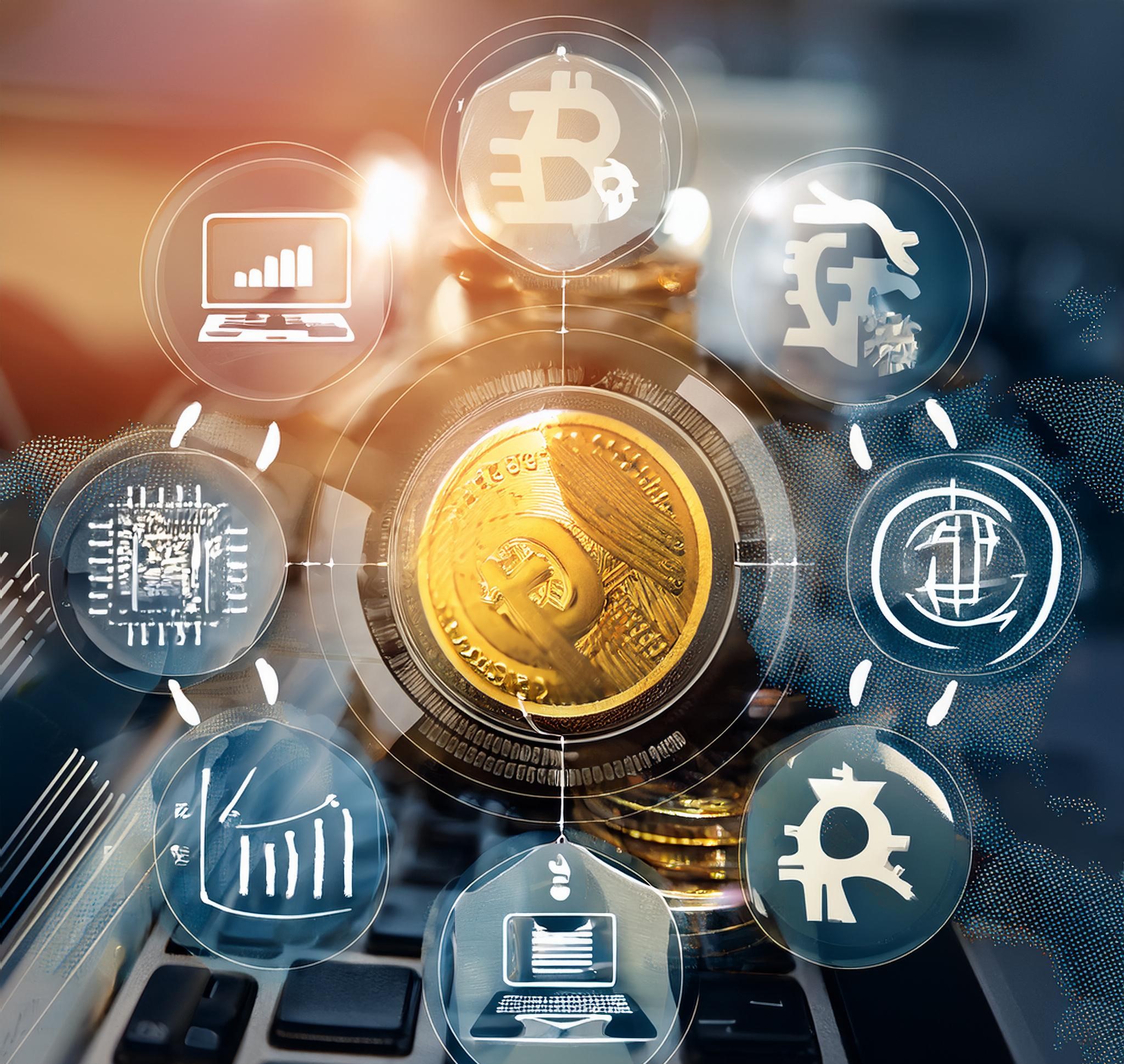
Essential Skills for Remote Security Engineers to Succeed
Introduction
Remote Security Engineers is a critical aspect of information management and systems engineering. In the modern world where cyber crime is on the rise connecting to the cloud is becoming easier and so is the threat to security systems.
Remote engineers knowledge of following tasks:
- Conducting an in depth threat analysis
- Creating a viable security prototype
- Detecting any existential or potential security threat
- Making sure that all measures taken are compliant with cyber laws
Engineers should be equipped with:
- Firewall
- VPN
- Intrusion Detection Systems
Over the years the role of security engineering is changing, previously the main focus and responsibility that an engineer had was to manage and protect military equipment.
Important Aspects That Drove Up The Demand For Remote Working
In the past few decades, many factors contributed to the demand for remote working:
- Technological Development: Remote work became possible and effective as a result of the use of high bandwidth, cloud technology, and other collaboration tools.
- Globalization: The ability to render services even when the client is in a different time zone can create a geographic gap and allow a geographically dispersed workforce to function.
- Balance between work and family life: Such flexibility is important to them so that they can juggle their personal and professional responsibilities effectively.
- Reduced Costs: The consolidation of physical offices and other associated expenditures enables the firms to minimize operational expenditure.
- Self-Management: The chance to be self-managed has a positive impact on job fulfillment and productivity performance.
- Increased concern for health and safety: Other times, the remote working mode was utilized due to safety reasons, for example the COVID-19 outbreak.
Remote Security Working And Evolving Technological Democracy
But thanks to technological advancements, this has changed. It is now easier and safer to work remotely. Remote security engineers can take advantage of the following:
- Security Measures Hosted On Cloud: Enabling fast deployment, scaling, and control of security operations from a single location.
- Artificial Intelligence And ML: Tools powered by AI and ML enhance the various capabilities in detecting and combating threats using predictive analysis and anomaly spotting.
- VPNs and Secure Phone Conversations: Protecting the transmitting of data and the sensitive information from interception during transfer.
- IoT Security Tools: Helping to ensure that connected devices are covered and have a degree of monitoring.
- Advanced Authentication Methods: Implementing MFA and biometrics so that the risk of unauthorized access is minimal.
These tools are very important for the proper functioning of remote security systems.
Common Roles and Responsibilities of Remote Security Engineers
Remote Security Engineers are an important component in upholding the security of organizations. Their tasks are as follows:
- Threat Analysis: Identifying possible cyber security threats and weaknesses.
- Incident Response: Responding to and managing security breaches.
- Security Audits: Periodically assessing whether security standards are met.
- Tool Development: Building and supporting tools with security functions.
- Risk Assessment: Evaluation of security requirements and means to address them.
- Monitoring: Regularly scanning the network or systems for any signs of security violation.
- Documentation: Writing reports on the security measures taken and the breaches reported.
Skills and Certifications Required for Remote Security Positions
Undoubtedly it is challenging to get employment in the field of remote positions in security. However, it becomes easier for applicants who have requisite technical skills and have related certifications.
Important skills include the following:
- Proficient in at least Python, Java, C++ or other languages
- Understanding network security protocols and tools
- Knowledge of encryption and cryptography
- Worked with SIEM (Security Information and Event Management) products
Other recommended certifications include:
- Certified Information Systems Security Professional (CISSP)
- Certified Ethical Hacker (CEH)
- Certified Information Security Manager (CISM)
- Certified Cloud Security Professional (CCSP)
As a result, this makes top remote security engineers outstanding as they possess these skills and certifications.
Challenges Faced by Remote Security Engineers
There are a number of challenges that remote security engineers have to deal with on a daily basis such as:
- Communication Barriers: Unavailability of face to face communication often leads misunderstandings. Employing the usage of multiple communication channels and straightforward language does help in this aspect.
- Time Zone Differences: Shifting away from the usual 9-5 ways and implementing flexible timings and corresponding hours of working also solves this.
- Isolation: With minimal distance and separation from the rest of the workplace, it is hard to work. To aid with this problem, frequent video conferences, scheduled social events, and communication apps such as Slack can assist.
- Access and Network Security: Multi factor authentication , VPN, , secure access network controls adds a layer of security
- Hardware Failures: Backup of Hardware assets along with Cloud Back up and incident response plans, this drastically reduces the downtime.
Focusing on these issues in the early stages improves productivity and security.
Examples of successful remote working Security Engineering
Acme Corp:
Acme Corp shifted its focus to a fully remote model in the security engineering space which resulted in a complete transformation.
- Scheduling regular online meetings.
- Use of encrypted communication channels.
- Use of cloud-based security solutions as the predominant strategy.
- Defined the rules and governance regarding the processes for handling incidents.
Cyber Guard Inc:
Cyber Guard Inc placed special focus on their remote team in critical areas of its structure.
- Preparation of specific cyber threat simulations.
- Retention of personnel through constant training systems.
- Automating nearly all of the routine work.
- Established a virtual environment for running vulnerability tests.
Data Secure Solutions:
Data Secure Solutions professional approach emphasized on lots through each specialized project management division.
- Use of shared online tools in solving project tasks.
- Transparency of the processes.
- Weekly reviews of what has been accomplished.
- Use of machines to speed up the processes of detecting threats.
These case studies demonstrate the deployment of effective security practices and approaches for the remote security engineering development.
Consequences of Remote Security Engineering in Organizations
Remote security engineering is strong in its implications in organizations:
- Savings on Expenses: Cuts down expenses related to infrastructure and utilities used in offices.
- Increased Access to Professionals: International exposure of working class with opportunities.
- Flexible Work Environment: Employees can be able to operate from a different time zone enhancing the number of hours for security monitoring.
- Enhanced Productivity: The engineers are able to work from places they are able to feel most productive and comfortable.
- Security Concerns: More secure communication channels should be available to ensure data loss does not occur.
- Compliance Challenges: Efforts and resources needs to be invested in order to comply with laws in different jurisdictions.
Future Trends in Remote Security Engineering
Security engineers should expect changes in trends and be up to date with the industry. The key trends that define the future include:
- Artificial Intelligence (AI) & Machine Learning (ML) Integration: AI and ML technologies will detect and respond to threats with higher frequency.
- Zero Trust Security Model: The no trust model that urges users to verify every action taken enhances the security of remote work.
- Cloud Security: More robust security practices for the cloud will grow in importance as more businesses take advantage of the cloud.
- Automation and Orchestration: Automation of repetitive security measures will be a necessity to be able to manage always growing complexities.
- Advanced Threat Intelligence: More organizations will leverage collective intelligence for threat hunting and I expect threats to be available at all times.
In order to remain effective in terms of security measures, such trends are important.
Best Practices for Creating and Supervising Remote Security Teams
- Unambiguous Channels of Communication: Set up communication aids that are trustworthy and do not leak information. The constant use of video conference calls and instant chats keeps the group interactive.
- Clarification of Responsibilities of Team Members: Each individual must know what his/her function is. This also guarantees efficiency as well as accountability.
- Regular Training and Capacity Building: Offering them learning opportunities will enhance their knowledge and skills as pertains to current security compliance aids.
- Adequate Paperwork: Ensure proper filing of workflow processes and policies. It helps in uniformity of performance and sharing of experience.
- Key Performance Indicators Monitoring Performance: Decide and incorporate quantifiable KPIs. Periodic appraisals validate that objectives set are achieved and qualitative metrics have been identified for improvement.
- Cultivate a Team Spirit: Promote synergy and team-oriented exercises. A strong team spirit enhances morale and productivity.
Commentary from the Best in the Industry and Key Opinion Leaders
In the opinion of experts in the industry, it is possible to develop strong communication skills to work with remote teams. On the other hand, thought leaders point out the following key issues:
- Learning Never Stops: Such professionals are always looking for new trends in security and technologies.
- Being Flexible: It is important to be flexible and adjust to the changing security features and tools.
- Security Vulnerabilities Management: The individual will remove any security loopholes that may currently exist in the organization.
- Interacting On Remote Tools: Making effective use of remote work tools.
- Dangers of Working Remotely: Navigating a range of tasks while working remotely.
“Remote security engineers need to have the technical know-how and communication plus management of time.”
Conclusion: The Future of Remote Security Engineering
The trends of working remotely as a security engineer are likely to be among the key contributors as more people undergo digital transformation especially with the pace at which working from home has gained traction. Such includes:
- Use of AI, machine learning and other technological advances to circumvent threats.
- Sophisticated communication means making it easy to share information while responding to an emergency fast.
- Virtual platforms for training making it easy to develop skills consistently so as to keep abreast of cyber security trends.
These are;
- Protection of sensitive information with the highest level of cyber security measures in place.
- Providing continuous education opportunities to engineers to upgrade their skills.
- Building a mindset where security of information systems and working from home goes hand in hand.
This particular trend of needing security engineers who can work from anywhere will influence the growth of the cybersecurity sector for the following times.






